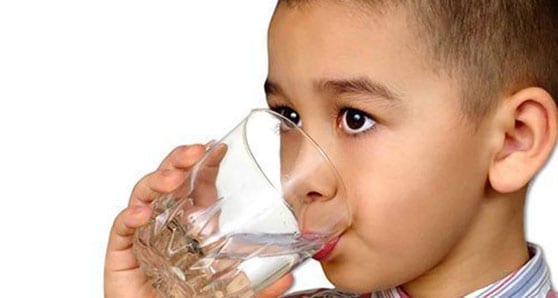 Can you drink the water or should you drink only bottled water when you’re travelling? Is it safe to drink tap water? Is it safe to brush your teeth with it?
Can you drink the water or should you drink only bottled water when you’re travelling? Is it safe to drink tap water? Is it safe to brush your teeth with it?
These questions come up no matter where you’re travelling. In most developed countries, you don’t need to drink bottled water all the time. Tap water will be safe to drink. The water you need to be most concerned about is water that might contain microorganisms that will make you sick.
Some people have a problem no matter where they go. If you have a particularly sensitive stomach, even small changes in mineral content might upset you for a few days. U.S. and Canadian citizens travelling to Mexico often complain of getting “tourista” or “Montezuma’s Revenge”, but sometimes Mexican citizens travelling to the U.S. or Canada get tourista too, In most of these cases, it’s just the change in the water that causes minor problems, and it goes away in just a day or so.
In less developed countries, you are more apt to run into water that contains a variety of microorganisms you want to avoid. Diseases that you want to avoid from contaminated food and water include Hepatitis A, bacillary dysentery, typhoid fever and cholera. (You can get vaccinations to protect yourself against Hepatitis A and Typhoid.)
Generally even your hotel will let you know if the water isn’t safe to drink. They will post a notice by the faucet and provide a complimentary bottle for you to drink from. In this case, you should use their bottle to take your pills and brush your teeth too.
In countries where you can’t drink the water, skip ice in your drinks. You should drink beers and sodas from the can or bottle if glasses don’t look clean enough to you. If your beer has been chilled in ice, the outside of the can may have been contaminated too, so take care. Tea, coffee, and other beverages made with boiled water are OK. It never hurts to be a little too cautious and drink only bottled water.
You should also think twice about your food. Salads could be a problem. Remember that old rule: “Cook it, Boil it, Peel it, or forget it!”
Be certain that the bottle you bought is sealed. In very poor countries, sometimes bottles are refilled from the tap: not a good idea.
Keep in mind that you can swallow water accidentally if you are swimming in contaminated lakes and rivers or inadequately-treated swimming pools.
If you are hiking or staying in wilderness areas, it probably isn’t a good idea to drink from streams unless you know that they are safe. Even in the U.S. and other developed countries, some streams and rivers are contaminated with giardia, a microscopic parasite that can infect your intestines and cause diarrhea for two to six weeks. It’s inconvenient to take bottled water into the wilderness, so boil your water or take water filters with you.
Bottled water is readily available almost everywhere. Hotels provide it, tour companies supply you with it, and you can always buy it in stores or roadside stands. So don’t worry overly much about the water; just grab a bottle and get on the road.
The views, opinions and positions expressed by columnists and contributors are the author’s alone. They do not inherently or expressly reflect the views, opinions and/or positions of our publication.

